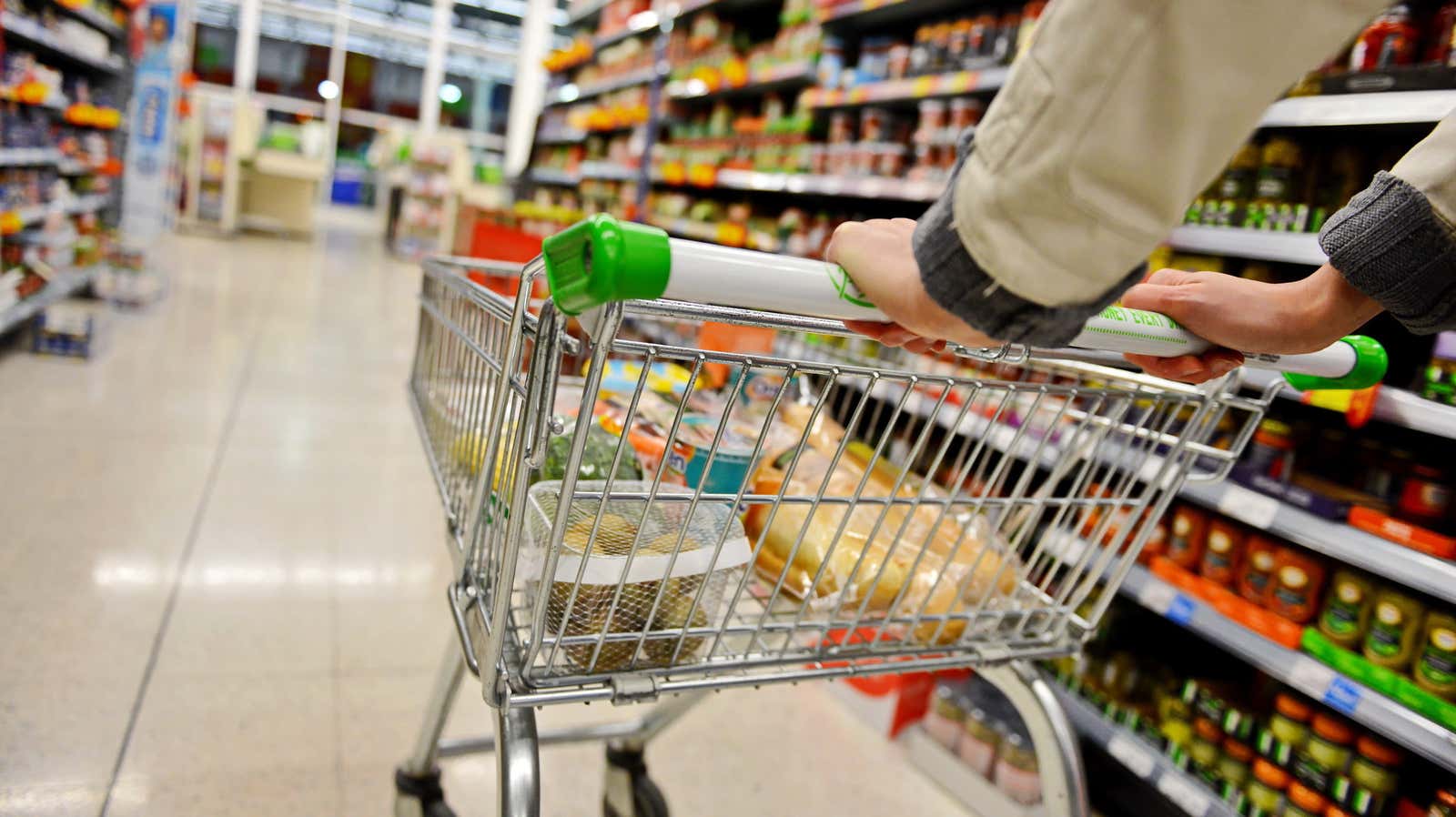You Don’t Need to Disinfect Food

Even if you follow the advice to stay home as long as possible, we must all get our food in some way, which means regular grocery trips or delivery. If the idea of allowing bags of food from The Outside into your home makes you nervous, it’s important to remember that while the risk of contracting coronavirus on the outside of your food is not zero, it is very low.
If you want to be more secure, there are several steps you can take to reduce your risk. But some people have gone overboard there, including in one viral video in which a doctor disinfects his foods with extreme prejudice.
The CDC does not recommend disinfecting food in its coronavirus precautions , nor does the World Health Organization in its . On March 24, the FDA released a document on COVID-19 concerns in food supplies, which specifically states: “There is no evidence that food for humans or animals or food packaging is associated with the transmission of the coronavirus that causes COVID-19.” While this may change as we learn more about this virus, our current understanding is that products such as mail and parcels are considered very low risk.
Donald Schaffner , professor of food science at Rutgers University, explains a more fact-based approach to grocery shopping safety.
Schaffner’s advice to us is based on his expertise as a food microbiologist.
First of all, the CDC report, which says the virus remained detectable on surfaces for 17 days, is based on detecting viral RNA – not quite the same as detecting an infectious viral particle. The presence of virus fragments does not necessarily mean the presence of an intact viral particle that can infect a person. In addition, the CDC does not provide the methods used to obtain this 17-day figure, but instead cites face-to-face communication – the scientific equivalent of passing gossip as fact. Maybe it’s right, maybe it’s wrong, but you won’t know until you get the full information from the original source.
When it comes to food safety, there is no need to store them in your veranda or garage for three days. For perishable foods like milk or ice cream, this is actually a good way to get spoiled or rotting food, which is a safety issue in itself.
Washing fruits and vegetables with soap is also a very bad idea, as soap can cause nausea, vomiting, and diarrhea . And we have nothing more to worry about right now, do we?
If you are concerned about food contamination by viruses, Schaffner recommends the following:
- Use hand sanitizer before and after grocery shopping.
- Minimize your time in the store and socializing with other people.
- Wash fruits and vegetables with cold water ( not soap).
- Wash your hands often, especially after handling packages.
What we need to remember is that it takes two things to get sick from touching our food: first, the food has generally been contaminated with infectious viral particles; and secondly, the mere touch of the package causes nausea. This cycle can be interrupted in several ways, the easiest is to wash your hands after handling the packages and before eating – this is good advice, even if we are not in the midst of a pandemic.
This article was updated on March 30, 2020 and adds that the CDC, WHO, and FDA also advise against disinfecting products. We also changed the inline tweet to be more specific from the stream.